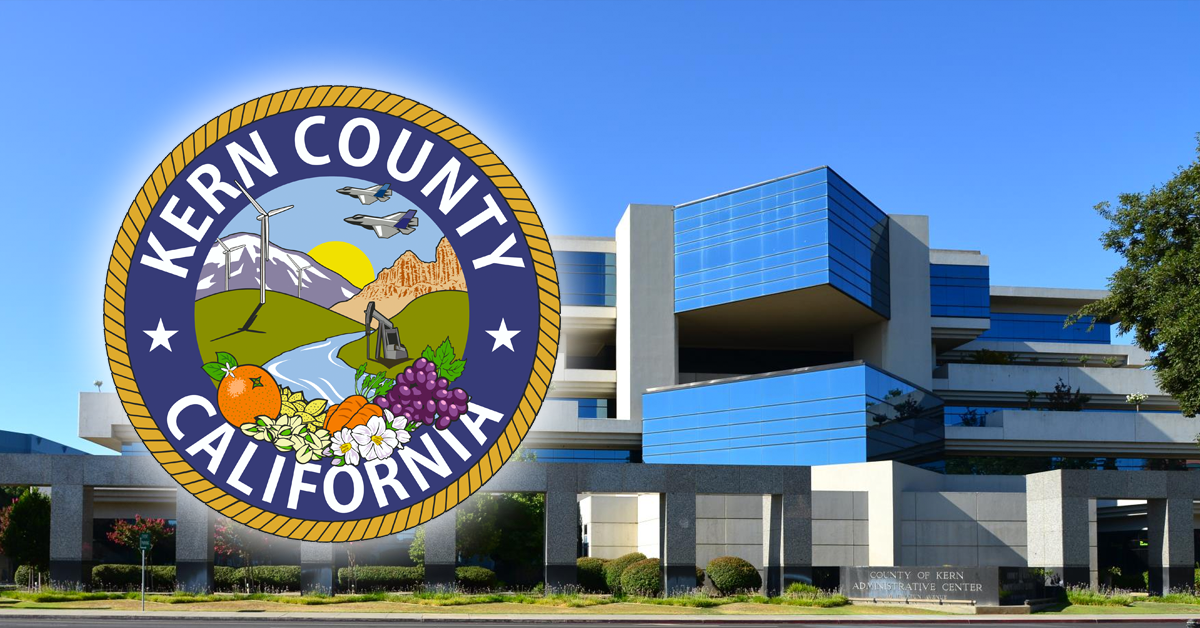Central Valley lawmakers are looking to improve roads throughout the region in a new bill.
Rep. David Valadao (R–Hanford) introduced the Farm to Market Road Improvement Act on Tuesday, joined by Rep. Vince Fong (R–Hanford) and Rep. Jim Costa (D–Fresno).
The big picture: The Farm to Market Road Improvement Act would make it so more federal resources are available to fix roads in dense agricultural areas.
- It would create a 10% set aside in the Rural Surface Transportation Grant Program for farm to market roads.
- The bill defines farm to market roads as roads within a county that have an annual gross ag production value of at least $1 billion and ag production of at least $500,000 per square mile, meaning Fresno, Tulare, Kings and Kern Counties would all qualify.
Driving the news: The USDA reports that trucks are responsible for 83% of agricultural freight movements by tonnage.
- With many trucks in dense agricultural areas weighing up to 80,000 pounds each, they have a disproportionate impact on local road and bridge infrastructure, leading to costly repairs for local governments.
What they’re saying: “The Central Valley plays a critical role in the security of our nation’s food supply,” Valadao said. “But after years of wear and tear from heavy trucks transporting the food that feeds the world through our roads, many are in desperate need of repair. This bill would make counties throughout the Central Valley eligible for additional federal resources to fix roads that are critical to our food supply chain. I’m proud to introduce this bipartisan legislation to improve local infrastructure and support jobs throughout our community.”
- Costa said farm to market roads are critical for the Valley’s rural communities.
- “The Farm to Market Road Improvement Act will unlock additional federal resources to ensure agricultural goods grown locally in the San Joaquin Valley can go from farm to market so our Valley can continue to feed the nation and world,” Costa said.
- Fong added that the Central Valley sees firsthand the necessity of roads to distribute fresh food throughout the region’s transportation infrastructure.
- “These vital roads must be prioritized for constant upkeep to not only move farming and ranching goods, but also to help our neighbors trying to get to work and their children to school safely every day,” Fong said. “This act will ensure that our roads are maintained, and our agriculture industry is supported so Central Valley’s agriculture can continue to supply food to our nation.”









